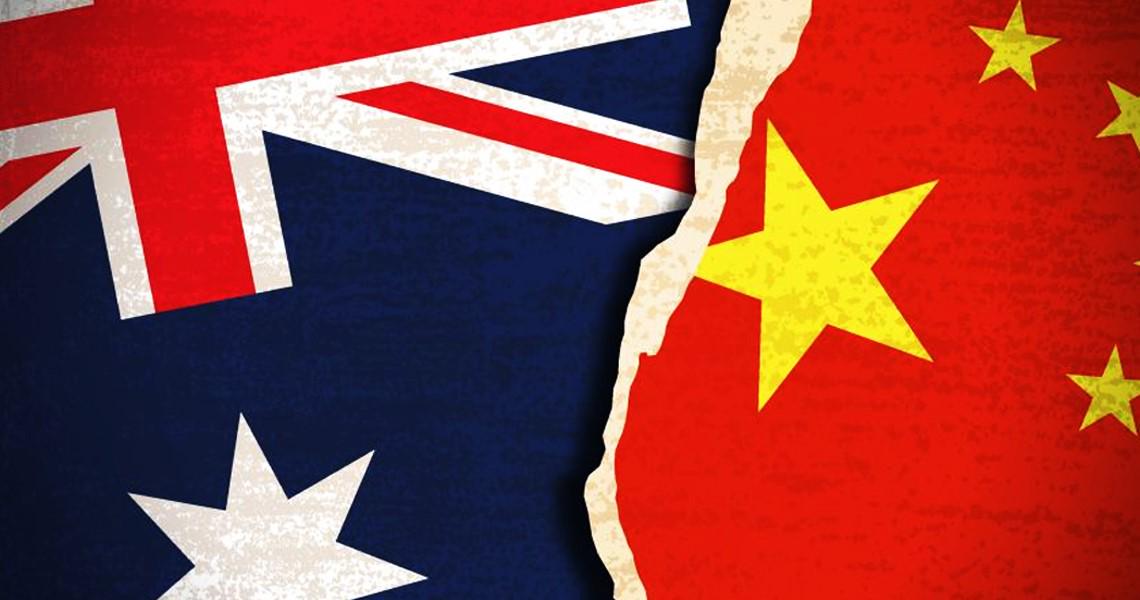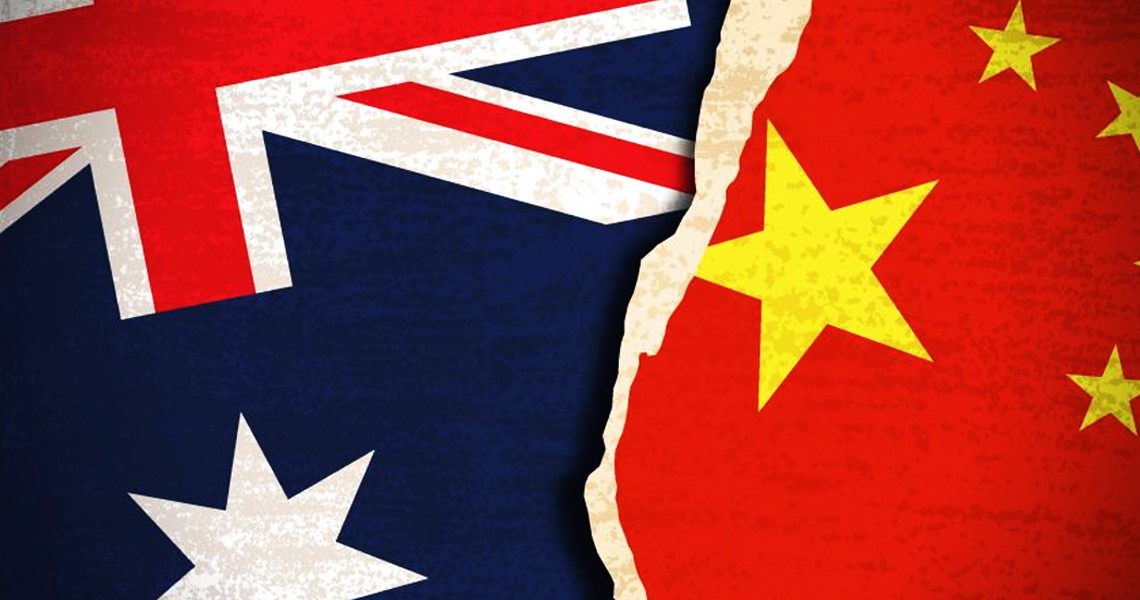The federal government of Australia has been urged to take a careful review of the Chinese government’s interest in Australia’s electricity grid and consider confiscating some of the equipment amid rising fears of remote attacks and sabotage.
The prominent senator Rex Patrick of South Australia is the force behind the push as the latest data from the Australian Bureau of Statistics reveals that China has gone ahead to overtake Vietnam and become the major supplier of transformers to the Australian electricity network.
Transformers are the most vital parts of any grid system in that they convert the alternating current from one single voltage to another, thereby powering homes, businesses and energy-intensive plants.
Back in 2018/2019, Chinese companies delivered 29 of the 70 transformers imported by the Australian state. Out of these, a whole 16 were installed in Victoria alone.
The government of Andrews had signed a memorandum of understanding with the Chinese state in 2018 to take part in its Belt and Road program which was marred with a lot of controversy.
The increase in China-sourced transformers began after a Beijing-based State Grid Corporation acquired stakes in companies owned by electrical transmission network—ElectraNet and SP Ausnet, besides Melbourne’s retailer Jemena, way back in 2013.
Prior to the signing of these deals, China had only supplied eight transformers in 2011/12 out of the 135 imported by Australia. A total of 33 transformers had been sourced from Vietnam.
Rising Dependence
The rising dependence on Chinese-made transformers has raised concerns about the susceptibility of Australia’s electricity grid to interference by foreign states.
Last May, the President of the United States Mr Donald Trump issued a stern executive order to ensure stringent restrictions on the electricity grid’s use and reliance on equipment sourced from foreign states for fear of potential remote sabotage and attacks.
Even though President Trump’s executive order only targeted “foreign adversaries” aiming at the United State’s power system “with potentially catastrophic effects”, his remarks were interpreted to have been directed to China and Russia.
Mr Trump’s order read in part, “the unrestricted foreign supply of bulk-power system electric equipment constitutes an unusual and extraordinary threat to the national security, foreign policy and economy of the United States”.
Last year, the US authorities seized a large consignment of Chinese-made transformers headed for a Colorado substation and moved it to a government laboratory for proper inspection. The same Chinese company that manufactured this type of transformer also supplies them to the Australian network.
Western security agencies are afraid that foreign-made transformers could be built with malicious electrical components stealthily installed so as to potentially enable another country to disrupt power supply on vogue.
According to Paul Dabrowa a cyber-security expert, it is possible for a foreign state to severely damage Australia’s electricity grid in a span of just two minutes.
“It could take months to repair the damage … there’s open-source material about experiments that have proven this is possible,” he stated.
Critical Infrastructure Act
Senator Patrick noted that Mr Trump’s move to limit any possible foreign influence of the United State’s electric grid should push the Home Affairs Minister Mr Peter Dutton to exercise his powers under the Critical Infrastructure Act to minimise the potential risk to Australia.
“At the same time, the Australian government needs to bring forward its proposed changes to Australia’s foreign investment laws and commit to require the divestment from Australia’s power grid of all involvement by companies owned, controlled or significantly influenced by the Chinese government,” he said. “Given the change in Hong Kong’s status, such a policy should extend to companies registered in Hong Kong.”
Furthermore, Senator Patrick emphasised that great attention should be drawn to the State Grid Corporation board representatives and the executive ranks of the corporation’s Australian electricity companies.
Apparently, the executive team of Jemena consists of a former deputy mayor of a city in China. And for a person to hold such an executive position membership to the Chinese Communist Party is mandatory.
In 2016, the then treasurer Scott Morrison stopped a bid by the State Grid Corporation in partnership with Hong Kong’s Cheung Kong Infrastructure to acquire a 99-year lease on a 50.4 percent stake in AusGrid, a NSW energy distributor.
The treasurer noted at the time that the decision was purely in the interest of the country, and was supported by the Foreign Investment Review Board.
Today, Hong Kong-based CK Infrastructure owns majority stakes in Powercor and Citipower, Victoria’s electricity distributors. While CK Infrastructure is a privately-owned company, its chairman a Mr Victor Li sits as a member to the 13th Chinese Peoples’ Political Consultative Committee.
Several laws were enacted in 2018 by the Home Affairs Department and funding increased to cushion the risk of influence by foreign governments in Australia’s electricity grid.
‘Strict Governance Procedures’
Jemena claims that it runs its operations in strict compliance with rules stipulated under Australia’s “extremely robust” foreign investment regulatory system. The company added that its shareholders were not directly involved in the day-to-day management of the company’s operations and that its directors adhered to “strict governance procedures”, the statement said in part.
On the other end, Powercor said its executive team was composed of only Australian citizens and had no member of the Chinese Communist Party on their board.
Both Powercor and Jemena concluded that all their customer details were reserved in Australia.



